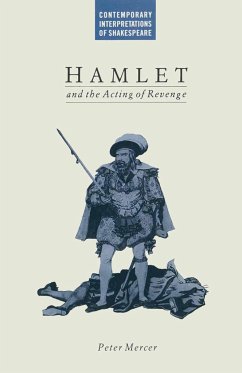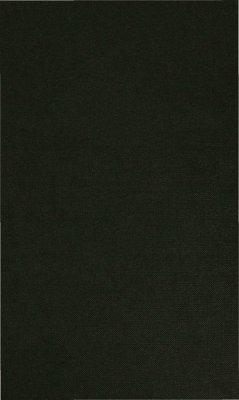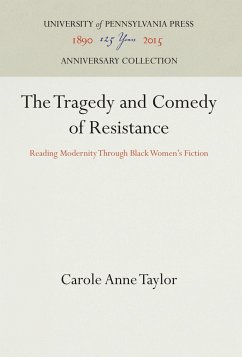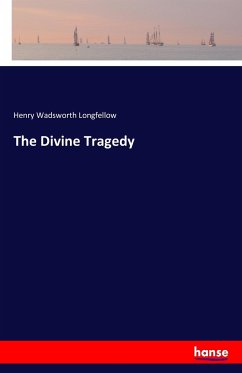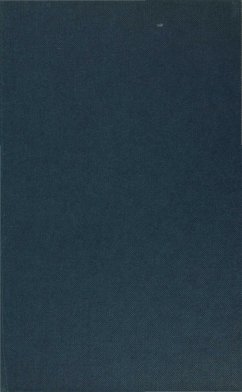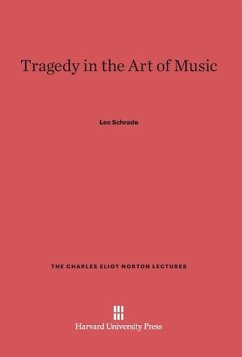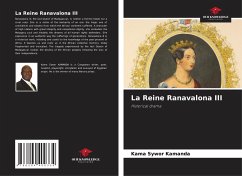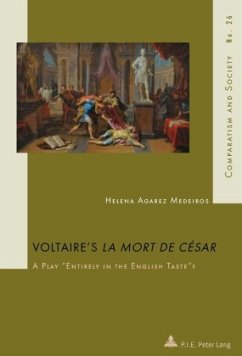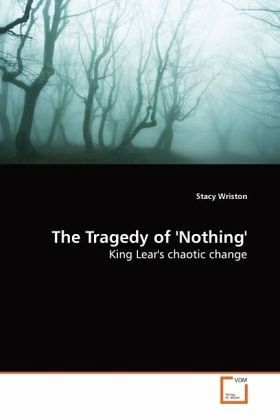
The Tragedy of 'Nothing'
King Lear's chaotic change
Versandkostenfrei!
Versandfertig in 6-10 Tagen
32,99 €
inkl. MwSt.

PAYBACK Punkte
16 °P sammeln!
Plato defined language as a way to express positive and negative desires. This discipline evolved through Richard Weaver, who continued this alignment of language and behavior using The Phaedrus. Weaver defines character language and behavior as good, neutral and evil lovers'. Using these same categories and definitions, we can trace all three rhetoricaltransitions in King Lear: starting as the Evil-lover, selfish and egotistical; morphing into a neutral stage; and ultimately developing into the Noble-lover. Lear displays new language with the onset of each role shift, and ending in a complete...
Plato defined language as a way to
express positive and negative desires. This
discipline evolved through Richard Weaver, who
continued this alignment of language and behavior
using The Phaedrus. Weaver defines character
language and behavior as good, neutral and evil
lovers'. Using these same categories and
definitions, we can trace all three rhetorical
transitions in King Lear: starting as the Evil-
lover, selfish and egotistical; morphing into a
neutral stage; and ultimately developing into the
Noble-lover. Lear displays new language with the
onset of each role shift, and ending in a completely
new paradigm. All of this chaos mirrors
Shakespeare s own reality, as the Renaissance era
was indeed, a time of great change.
express positive and negative desires. This
discipline evolved through Richard Weaver, who
continued this alignment of language and behavior
using The Phaedrus. Weaver defines character
language and behavior as good, neutral and evil
lovers'. Using these same categories and
definitions, we can trace all three rhetorical
transitions in King Lear: starting as the Evil-
lover, selfish and egotistical; morphing into a
neutral stage; and ultimately developing into the
Noble-lover. Lear displays new language with the
onset of each role shift, and ending in a completely
new paradigm. All of this chaos mirrors
Shakespeare s own reality, as the Renaissance era
was indeed, a time of great change.




